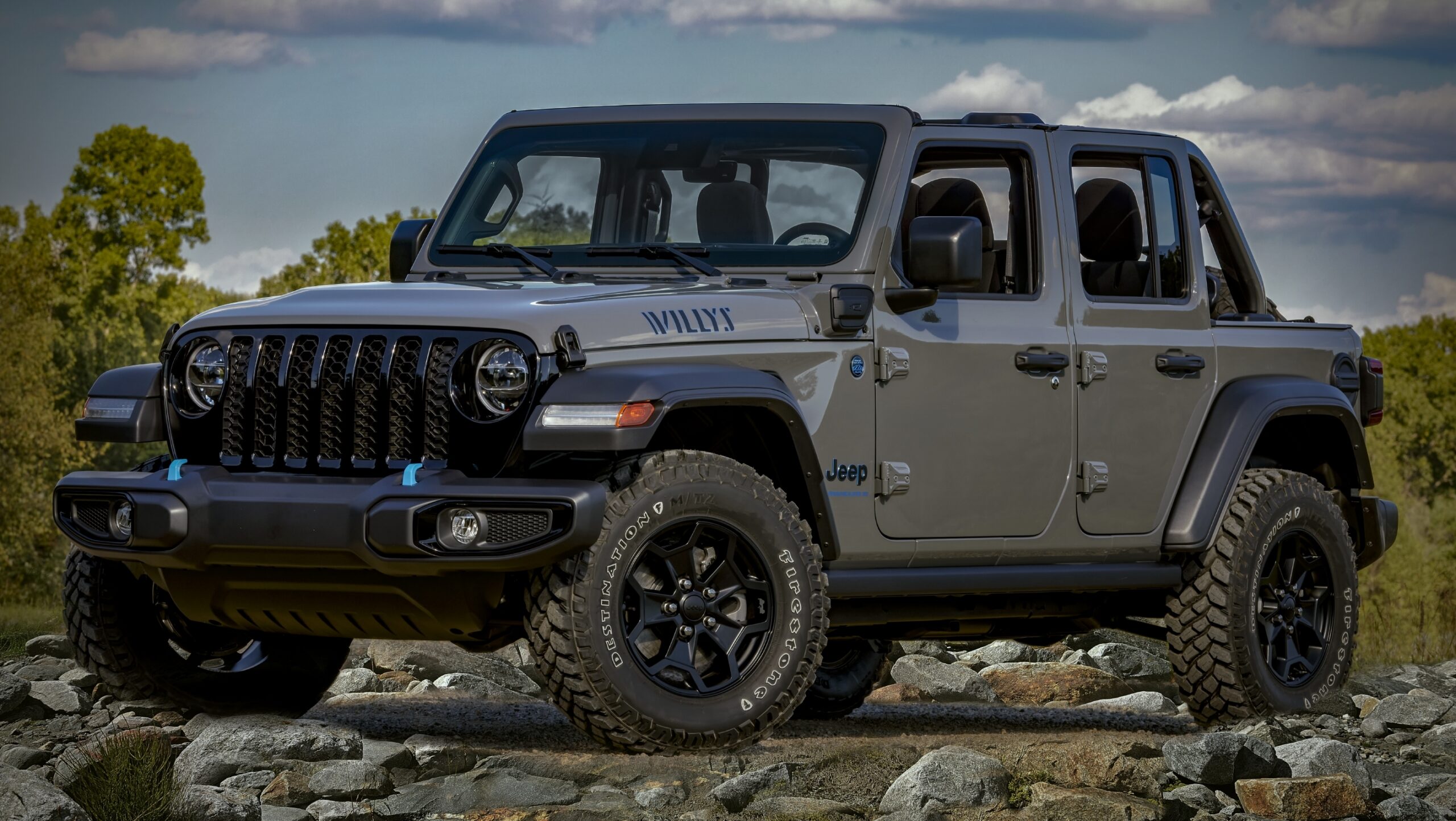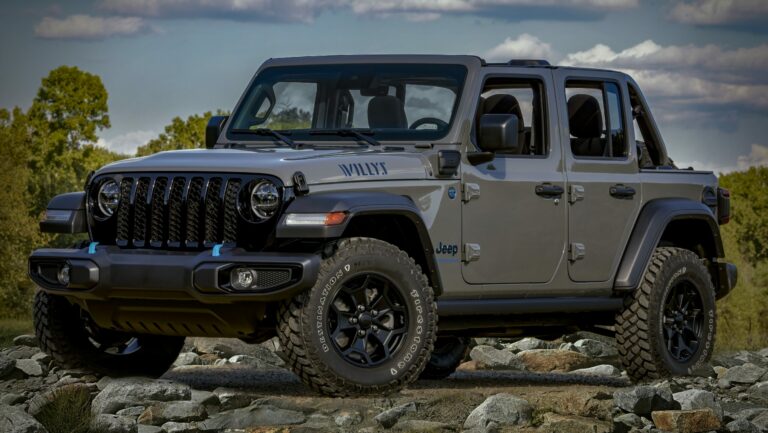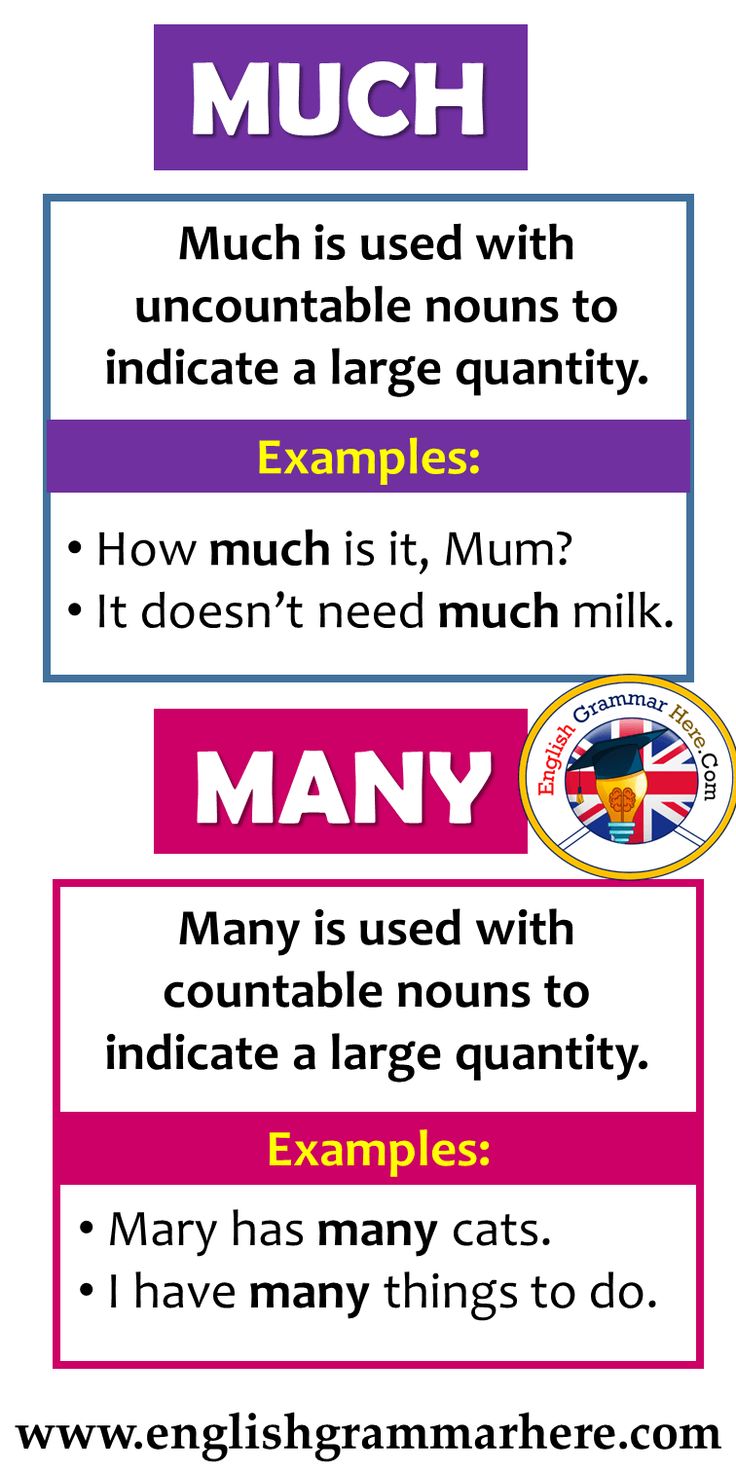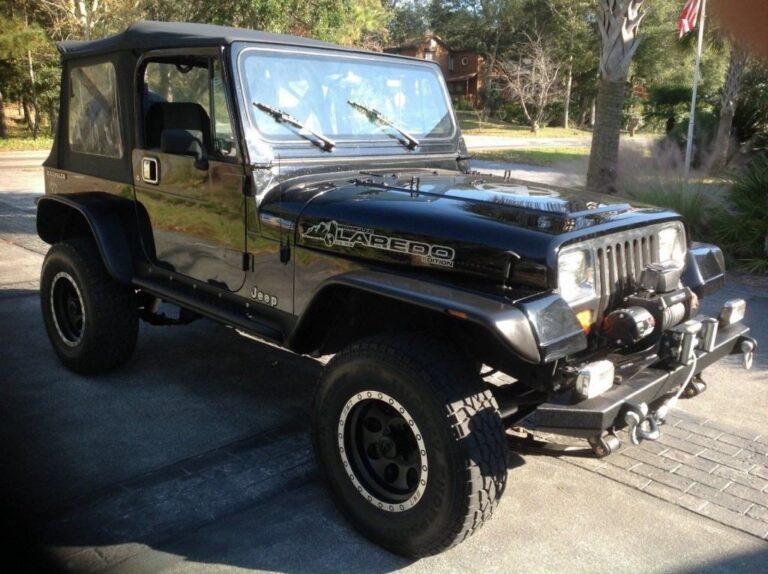Jeep 401 Engine For Sale: Unleash the Untamed Power of a Classic V8
Jeep 401 Engine For Sale: Unleash the Untamed Power of a Classic V8 jeeps.truckstrend.com
For generations of Jeep enthusiasts and classic vehicle restorers, the mention of the AMC 401 V8 engine evokes a sense of raw power, legendary durability, and an undeniable piece of American automotive history. This formidable powerplant, a cornerstone of many full-size Jeeps from the 1970s and early 80s, remains highly sought after for its robust performance, impressive torque, and its iconic status. Whether you’re aiming to restore a vintage Wagoneer to its original glory, inject some serious muscle into a J-series truck, or embark on a custom build requiring a reliable and potent V8, the Jeep 401 engine stands as a prime candidate.
Finding a Jeep 401 engine for sale isn’t always as simple as picking one off a shelf. It requires knowledge, patience, and a keen eye for detail. This comprehensive guide will navigate you through everything you need to know about acquiring one of these legendary powerhouses, from understanding its legacy to making an informed purchase, ensuring you harness the full potential of this classic V8.
Jeep 401 Engine For Sale: Unleash the Untamed Power of a Classic V8
The Enduring Legacy of the AMC 401 V8
The AMC 401 cubic inch V8 engine, part of the venerated AMC V8 family (which also included the 304, 360, and 390), was produced from 1971 to 1978. It represented the pinnacle of AMC’s V8 offerings in terms of displacement and power. Primarily found in full-size Jeep vehicles such as the Wagoneer, Cherokee (SJ), and J-series pickup trucks, the 401 was renowned for its robust cast-iron construction, five-main-bearing crankshaft, and impressive low-end torque – a crucial attribute for off-road prowess and heavy hauling.
At its peak, the 401 produced around 225-235 horsepower and a substantial 325-345 lb-ft of torque, figures that were highly competitive for its era, especially considering the restrictive emissions standards coming into play. Its strong bottom end and overbuilt nature made it a favorite for those seeking a reliable and powerful engine that could withstand demanding conditions. Today, the 401’s legacy continues, celebrated by a dedicated community who appreciate its simple, effective design and its potential for modern performance upgrades.
Why Choose a Jeep 401 Engine for Your Project?
Deciding on an engine for your classic Jeep or custom build involves weighing several factors. Here’s why the AMC 401 often emerges as the top choice for many:
- Authenticity and Period Correctness: For a true restoration, using the original engine type is paramount. The 401 offers that genuine experience for many 1970s-era full-size Jeeps.
- Unmatched Torque: The 401 is a torque monster, perfect for off-roading, towing, or simply getting your heavy classic Jeep moving with authority. Its low-end grunt is legendary.
- Durability and Reliability: Built like a tank, the 401 is known for its sturdy construction. With proper maintenance and a quality rebuild, these engines can last for decades.
- Performance Potential: Despite its age, the 401 responds well to modern upgrades. Aftermarket components like improved camshafts, intake manifolds, carburetors (or EFI conversions), and exhaust systems can significantly boost its power output.
- Distinctive Sound: There’s a unique rumble to an AMC V8 that sets it apart, a sound that resonates with classic American muscle.
- Relatively Simple Design: Compared to modern complex engines, the 401 is straightforward to work on, making it appealing for DIY enthusiasts and those who appreciate mechanical simplicity.
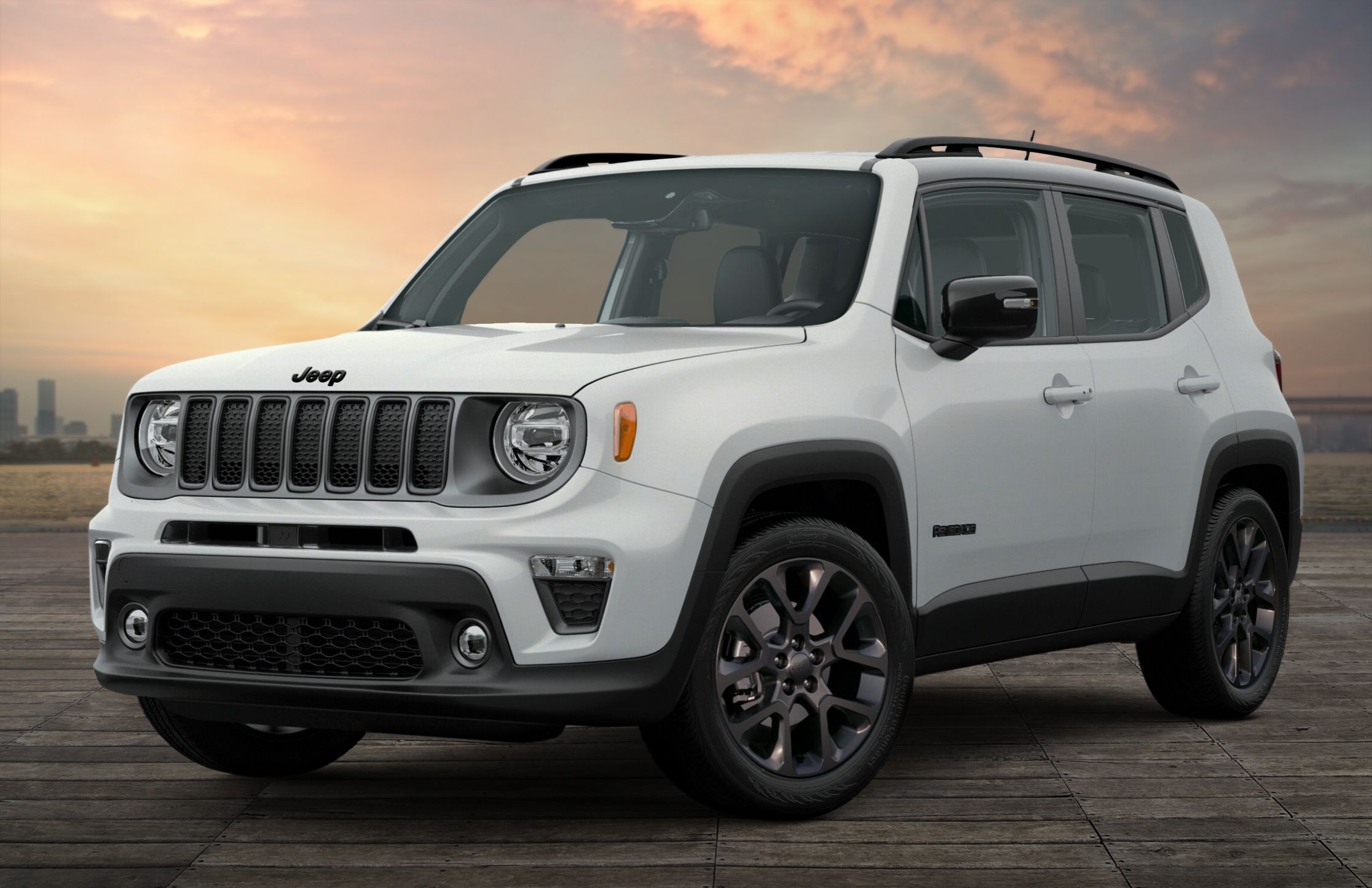
Where to Begin Your Search: Finding a Jeep 401 Engine For Sale
Locating a suitable Jeep 401 engine requires a multi-pronged approach. Here are the most common avenues:
-
Online Marketplaces:
- eBay: A vast marketplace where you can find everything from complete running engines to core blocks and individual parts. Be sure to check seller ratings and detailed descriptions.
- Craigslist/Facebook Marketplace: Excellent for local finds, potentially allowing for in-person inspection before purchase. Search within your region and expand outwards.
- Specialized Forums & Groups: Websites like FSJ (Full Size Jeep) Network forums, Jeepforum.com, and dedicated AMC V8 Facebook groups often have classified sections where members sell parts and engines. These communities are invaluable for their knowledge and trusted sellers.
-
Salvage Yards & Junkyards: While increasingly rare, some older yards might still house forgotten Wagoneers or J-trucks with their original 401s. This is often a "pull-your-own" scenario, requiring expertise and tools.
-
Engine Rebuilders & Specialty Shops: Many shops that specialize in classic American V8s or Jeep restoration will either have 401s for sale (often rebuilt) or can source and rebuild one for you. This is typically the most expensive option but offers the highest confidence in quality.
-
Word of Mouth: Network with other Jeep enthusiasts, mechanics, and classic car collectors. You’d be surprised what hidden gems surface through personal connections.
Understanding Engine Conditions: What’s Available?
When you encounter a Jeep 401 engine for sale, it will typically fall into one of these categories:
- Core/As-Is: These are engines pulled from vehicles, often without being tested. They are typically sold for rebuild, meaning you should assume they need a complete overhaul. They are the cheapest option but require the most work.
- Running Pull-Out: An engine that was reportedly running when pulled from the vehicle. While seemingly better, always verify this claim with video evidence, if possible, and still budget for a comprehensive inspection and likely a rebuild.
- Used/Tested: Some sellers might offer a used engine that they’ve tested (e.g., compression, oil pressure). This is a step up from a raw pull-out, but still plan for maintenance and potential future rebuilds.
- Rebuilt/Remanufactured: These engines have been professionally disassembled, inspected, machined (if necessary), and reassembled with new components (bearings, rings, gaskets, etc.). They often come with a warranty and are ready for installation. This is the most expensive but often the safest bet.
- Performance Built: A rebuilt engine with performance enhancements like upgraded camshafts, heads, or forged internals. These are for specific high-performance applications.
Key Considerations Before You Buy
Purchasing a classic engine requires careful due diligence. Here’s what to keep in mind:
- Condition Assessment:
- Visual Inspection: Look for cracks in the block or heads, excessive rust, signs of previous repairs, and obvious leaks.
- Completeness: Does it come with the intake manifold, carburetor, exhaust manifolds, distributor, oil pan, and accessories like the power steering pump or alternator? Missing components can add significant cost.
- Internal Health (if possible): For running engines, ask for a video of it running, a compression test, and oil pressure readings. For core engines, ask about any known issues (e.g., spun bearing, thrown rod).
- Documentation: Does the seller have any history on the engine? While rare for older engines, any maintenance records or rebuild receipts are a huge plus.
- Shipping & Logistics: A 401 is heavy! Factor in freight shipping costs, which can be substantial. Ensure the seller can properly palletize and prepare the engine for shipment.
- Budgeting Beyond the Purchase Price: Remember to account for:
- Rebuild Costs: If buying a core, a full professional rebuild can range from $2,500 to $7,000+, depending on parts and labor.
- Installation Costs: If you’re not doing it yourself, factor in mechanic labor.
- Ancillary Parts: New hoses, belts, radiator, fuel pump, exhaust, and potentially a transmission adapter if swapping.
- Compatibility: Ensure the 401 is compatible with your specific Jeep model and transmission. While relatively adaptable, some modifications (motor mounts, transmission bellhousing) might be necessary for certain swaps.
Tips for a Successful Purchase
- Ask for Many Photos/Videos: Don’t rely on a single blurry picture. Request detailed images of all sides, specific components, and even a video of a running engine.
- Get a Detailed Description: Insist on a clear, written description of the engine’s condition, what’s included, and any known issues.
- Verify Seller Reputation: Check online reviews, forum feedback, or ask for references if buying from a private party or lesser-known shop.
- Consider a Pre-Purchase Inspection (PPI): If local, hire a trusted mechanic to inspect the engine before you commit.
- Negotiate: Always try to negotiate the price, especially if the engine is a core or has unknown issues.
Common Challenges and Solutions
- Parts Availability: While the AMC 401 shares many components with the more common 360, some parts (especially internal 401-specific ones) can be harder to find. Solution: Source from specialized AMC parts suppliers (e.g., Bulltear, BJ’s Off-Road, Summit Racing) or be prepared for machine shop work.
- Rebuild Costs: A full professional rebuild can be expensive. Solution: Consider a DIY rebuild if you have the skills, or opt for a "running pull-out" if your budget is tight, understanding it’s a gamble.
- Installation Complexities: Swapping a 401 into a non-original vehicle can involve custom motor mounts, transmission adaptations, and wiring. Solution: Research extensively, consult forums, and consider professional help for critical aspects.
Jeep 401 Engine For Sale: Estimated Price Guide
This table provides a general estimate for the cost of a Jeep 401 engine based on its condition. Prices can vary significantly based on location, seller, completeness, and market demand.
| Condition | Description | Estimated Price Range (USD) | Key Considerations |
|---|---|---|---|
| Core/As-Is | Engine pulled from vehicle, assumed non-running or seized. Block, heads, crank, rods are present, but condition unknown. Ideal for full rebuild. | $500 – $1,500 | Highest Risk: Requires complete disassembly, machining, and new internal components. Budget significantly for rebuild costs ($2,500 – $7,000+). Check for cracks in block/heads. Freight shipping required. |
| Running Pull-Out | Engine claimed to be running when removed from vehicle. No warranty, often sold as-is. May or may not include accessories. | $1,500 – $3,000 | Moderate Risk: May run, but likely needs seals, gaskets, and general maintenance. Compression/oil pressure tests are crucial. Budget for refreshing or minor rebuild. Ask for video proof of it running. Shipping costs apply. |
| Refurbished/Refreshed | Engine has had basic work (new gaskets, seals, maybe a valve job), but not a full machining/rebuild. For lower mileage or well-maintained units. | $2,500 – $4,500 | Lower Risk: Better than a pull-out, but still not a full rebuild. Good for a budget restoration if documentation of work is provided. Verify what work was actually done. |
| Professionally Rebuilt | Engine fully disassembled, block/heads machined, new bearings, rings, pistons, camshaft, valvetrain, etc. Comes with a warranty. Often includes a dyno sheet. | $5,000 – $8,500+ | Lowest Risk: Ready to install. Comes with peace of mind and often a warranty. Ideal for high-end restorations or reliable daily drivers. Price depends on included accessories, performance upgrades, and the rebuilder’s reputation. Shipping is often factored into the higher price. |
| Performance Built | Professionally rebuilt with performance upgrades (e.g., forged internals, ported heads, aggressive cam). For high-power applications. | $8,000 – $15,000+ | Specialized: Designed for specific high-performance needs. Verify exact specifications and dyno results. Warranty often limited due to high-performance nature. Often custom-built to order, so lead times apply. |
Note: Prices are estimates and can fluctuate based on market demand, location, included accessories, and the seller’s reputation.
Frequently Asked Questions (FAQ)
Q1: Is the AMC 401 a good engine for off-roading?
A1: Absolutely. Its robust construction and high low-end torque make it exceptionally well-suited for off-roading, crawling, and heavy-duty use.
Q2: How much horsepower does a stock AMC 401 produce?
A2: A stock AMC 401 typically produced between 225 and 235 horsepower and 325-345 lb-ft of torque, depending on the year and specific tuning. With modern upgrades, these numbers can be significantly improved.
Q3: Are parts still available for the AMC 401?
A3: Yes, many common parts (bearings, rings, gaskets, camshafts, valvetrain components) are still readily available from aftermarket suppliers. Some 401-specific parts can be harder to find, but the community and specialized shops often have solutions.
Q4: Can I put a 401 into a CJ Jeep?
A4: Yes, it’s a popular swap, but it requires significant modifications, including custom motor mounts, transmission adapter plates (to mate with a T-18, TH400, or modern transmission), and potential driveline upgrades due to the increased power and weight.
Q5: What should I look out for when inspecting a 401 core engine?
A5: Look for cracks in the block (especially near main caps or freeze plugs), rust in the cylinders, signs of water in the oil (milky residue), broken accessory mounts, and any evidence of major internal damage (e.g., holes in the block from a thrown rod).
Q6: What’s the difference between an AMC 360 and a 401?
A6: Both are AMC V8s, but the 401 has a larger bore and stroke, resulting in greater displacement. While they share many external similarities and some internal parts, the 401 is inherently more powerful and generally more sought after for performance builds.
Conclusion
The Jeep 401 engine stands as a testament to American engineering and a symbol of robust power for classic Jeeps. Acquiring one for your project is an investment in a piece of automotive history that promises impressive performance and a distinctive character. While the search requires diligence and an understanding of the various conditions available, the rewards of hearing that legendary V8 rumble to life in your vintage Wagoneer, Cherokee, or custom build are immeasurable. By following the advice in this guide, you can confidently navigate the market for a Jeep 401 engine for sale, ensuring you secure the right powerhouse to bring your automotive dreams to fruition.
